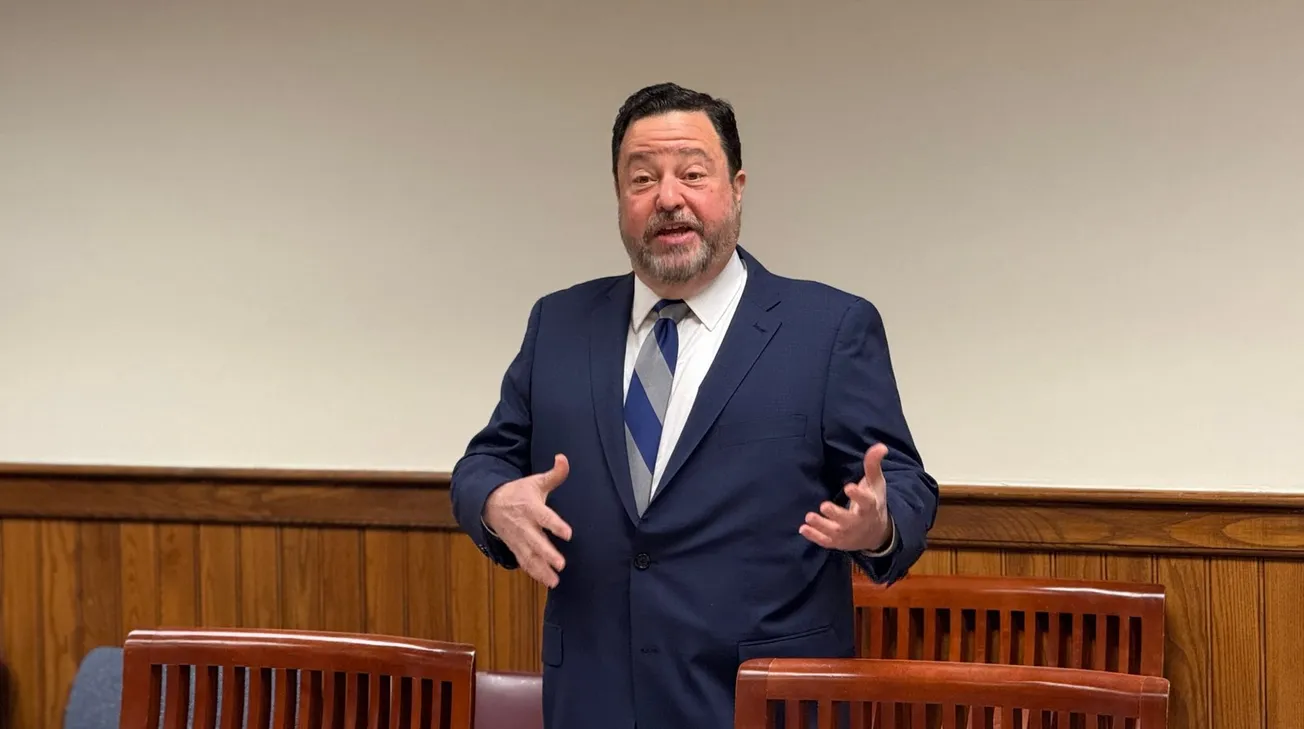Table of Contents
By Ron Latanision, John Brown, and Walter Hubbard
We led off our new Wilson Forum season in September with An Introduction to and Test Drive of Generative AI, developed by Marv Goldschmitt of AIUpdate, Paula McConnell of Seva Digital and Innovation Toronto’s Ron Smith. This session began with Marv’s insightful history of AI and its meteoric evolution into virtually every aspect of life on our small planet. At this stage of history, it seems that few people have had any direct experience with this technology.
Our speakers consider it important that everyone should have such an opportunity and make judgments on the value of this technology for themselves as it is likely to impact them directly. A test drive of an experiential chatbot agent, Upa, designed to introduce non-technical people to this new reality was attempted with a few volunteers.
GenAI has the potential to be supremely useful but also supremely abusive (personal, socially, culturally). One might hope that lessons learned from the history of the Internet and The Web may help lead to a responsible and accountable advance of AI into our social fabric. The session concluded with a remarkable and informative Q&A.
Semantic Search in Generative AI. Later in September, Bernhard Suhm, Principal, USpeakAI, extended the conversation. He spoke on Transforming Search Experiences with Semantic Search. The landscape of information retrieval has undergone a paradigm shift with the advent of semantic search technologies. Traditional keyword-based search methods often yielded inconsistent results, requiring users to navigate through extensive lists of documents to locate pertinent information.
Semantic search, by leveraging natural language processing and machine learning algorithms, has significantly enhanced the relevance and accuracy of information retrieval. As a result, semantic search has markedly reduced the cognitive load on users, by delivering more relevant answers. The emergence of large language models (LLMs) such as ChatGPT brought AI and semantic retrieval into prominence. However, this technological advancement didn’t come without challenges, which were described.
These presentations led to a discussion of how Generative AI has impacted our lives, and what concerns this technology raises for society at large going forward. The changes in AI that began in November 2022 with Generative AI are remarkable. GenAI is not any new technology. This one is shattering.
It is likely that to the average thoughtful person, the telephone must have been shattering. Just as the Model T. What is different is the case of GenAI is that it does not just add a new dimension to our lives, it presents technology as a force beyond nature. It allegedly thinks and feels though it is not clear on what scale and in what detail it compares to human thinking. But we don’t really understand the particulars of how humans think. A genuine concern is that technology may be heading so far out front of humans that people may begin to distrust science and technology on a level that is unprecedented today.
UPCOMING LECTURES: On October 11, the speakers who met with us in September will rejoin us in an open conversation about the advances and challenges represented by Generative AI. And on October 25, Ken Pruitt, Sustainability Director for the Town of Winchester will speak on Winchester’s Sustainability Planning.
All Wilson Science & Technology Forum presentations are recorded and can be streamed free on demand at the Wilson Forum’s website.
WinCAM broadcasts recordings of Forum presentations at 3 pm on Mondays and Fridays. For the schedule, go to https://wincam.org/schedule/education/ and search for “Wilson.”
The Wilson Forum’s meetings are via Zoom, at 10:30 am on the second and fourth Fridays of each month, with the exception of a summer holiday in July and August.









